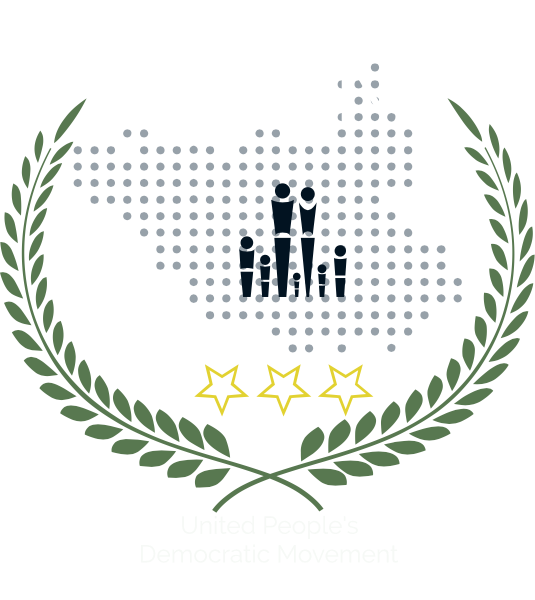By JUSTIN LYNCHNov. 17, 2016 9:04 PM EST
YEI, South Sudan (AP) — Infants hacked with machetes. Charred bodies with their arms bound. Women who were gang-raped. Men who were spared death but arbitrarily detained.
These are the tales of horror told in Yei, a formerly peaceful town surrounded by farms in south South Sudan near its border with Uganda and Congo.
Once a beacon of coexistence, Yei is now a center of the country’s renewed civil war.
And things could get worse.
“The signs are all there for the spread of this ethnic hatred and targeting of civilians that could evolve into genocide if something is not done now to stop it,” said Adama Dieng, the U.N.’s Special Adviser on the Prevention of Genocide, after visiting Yei last week.
“Some leaders will not hide their (loyalty) to their ethnic groups. They cannot hide it. Genocide is not an event that one day comes. It builds and it builds up. The indicators are there,” said Jacob Aligo, a minister in the Yei state government.
At night, gunshots echo through the town and soldiers prowl the streets, looting and raping, according to more than a dozen residents and government officials interviewed by the AP.
A woman who identified herself only by her first name of Betty for fear of reprisal said government soldiers knocked on her door one night in mid-October.
“My husband pushed me and my two children under the bed and he opened the door. They demanded money, and he had none, and then they shot my husband,” she recalled, saying he bled to death. She said she later visited a friend who had been gang-raped by armed men.
The military, which residents and local government officials say are from the Dinka tribe, attacked other tribes who are natives of Yei and surrounding Equatoria state on suspicion they supported the rebels, the locals said.
A militia called Mathiang Anyoor, which is allied to Kiir and Army Chief of Staff Paul Malong and is Dinka, also terrorized civilians, according to residents, local officials and U.N. officials.
Residents are restricted from moving 3 kilometers (2 miles) from the center of town in all but one direction. Surrounding areas have been declared off-limits by the military. When the AP traveled in a government convoy in those “no-go” areas, they were deserted, with fields lying fallow and empty houses and shops boarded up.
The U.N. refugee agency said in September that about 100,000 people are “trapped” in Yei by “military operations,” and it is distributing items like soap and blankets.
Many civilians are gripped by hunger in a region that once was South Sudan’s breadbasket. About 40 percent of the area’s population faces food insecurity, according to internal U.N. estimates obtained by the AP.
Because of the conflict, they don’t have access to their farms, said Richard Ruati an assistant external relations officer for U.N. refugee agency in Yei.
U.N. Secretary-General Ban Ki-moon issued a stark warning about South Sudan this week.
“There is a very real risk of mass atrocities being committed in South Sudan, in particular following the sharp rise in hate speech and ethnic incitement in recent weeks,” Ban said in a report to the Security Council. But he added that U.N. peacekeeping operations don’t have the “appropriate reach, manpower or capabilities to stop mass atrocities.”
Source: Associated Press
Read more here
